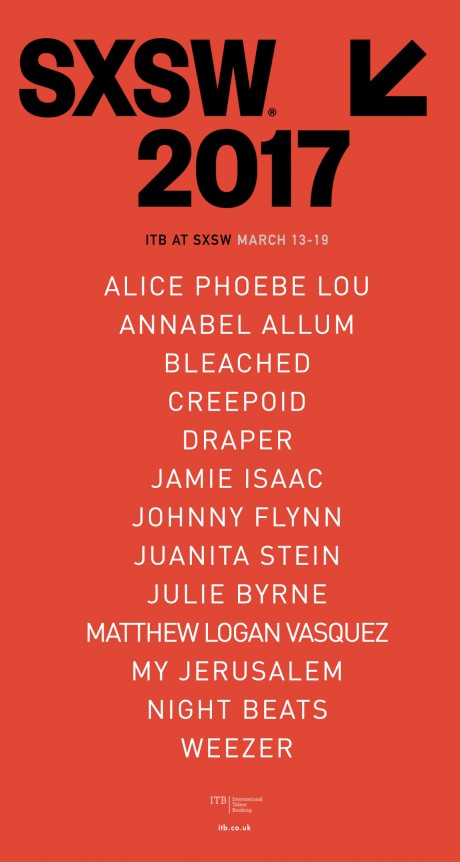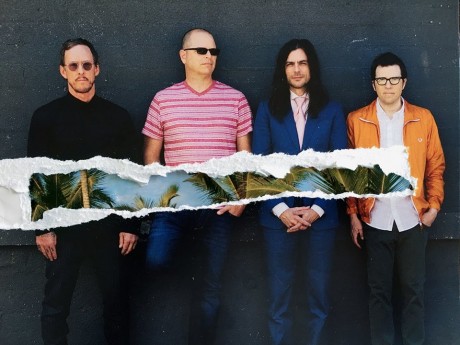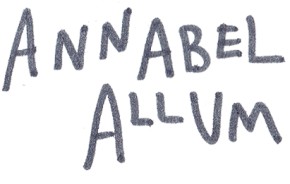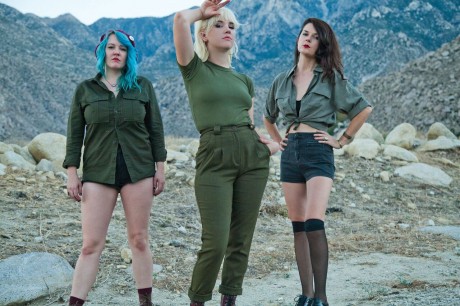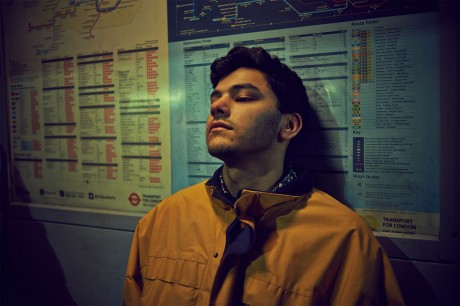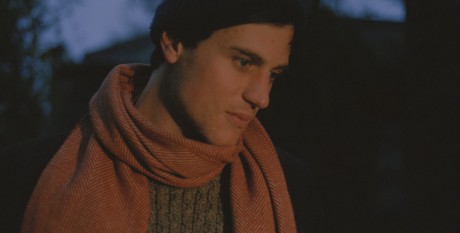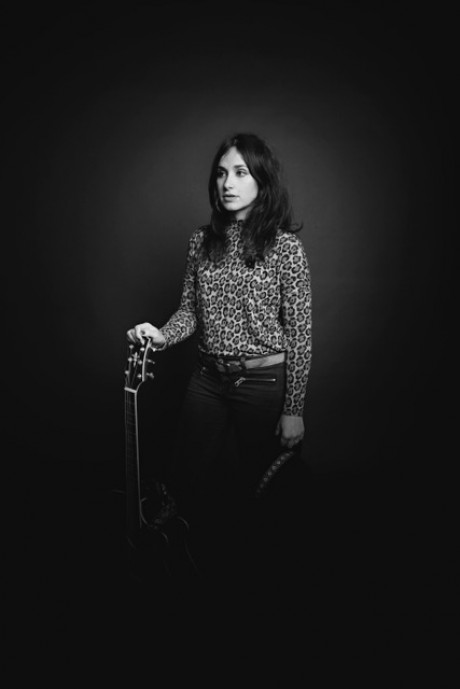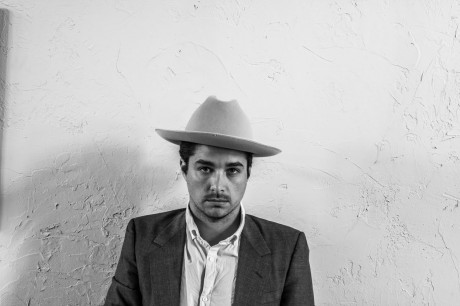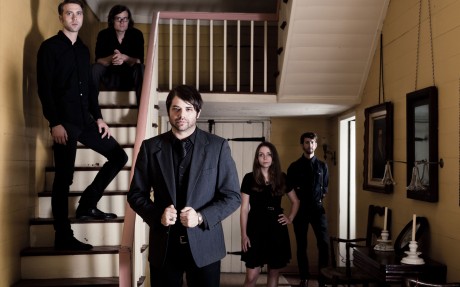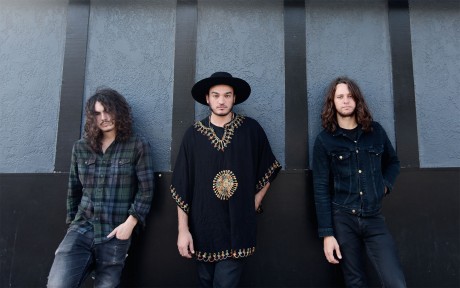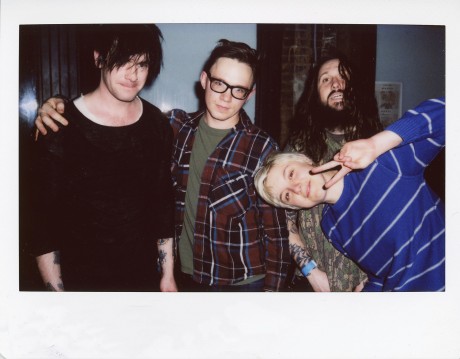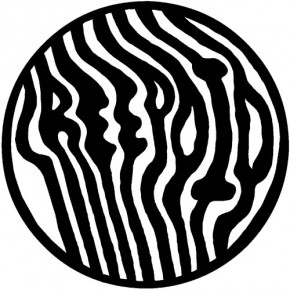Johnny is an artist who has been led by his muse in an uncontrived fashion; his love for telling stories leading him to major theatrical and film roles, and along the way Queen Mab took him by the nose to realise certain musical dreams.
Johnny first appeared on the scene in 2006 playing in numerous bands and running club nights, but ears were pricked by his first album A Larum, released in 2008.
A widened palette followed with his sophomore album Been Listening along with global touring. Songs such as Lost and Found and The Water (a duet with old friend Laura Marling) cemented his lyrical reputation, and prompted further collaborations with the likes of Anna Calvi, Barbarossa and subsequent production work with Marika Hackman, showcasing his desire to nurture and collaborate with varied and exciting new talent.
Following the album and a stint writing, producing and performing the soundtrack to indie film A Bag of Hammers, Johnny returned to the boards, appearing in Richard Bean’s The Heretic at the Royal Court, Jez Butterworth’s Jerusalem alongside Mark Rylance, Richard III and Twelfth Night at The Globe and West End with Stephen Fry and Mark Rylance, before taking the lead in The Low Road by Bruce Norris back at The Royal Court.
Flynn supported the release of his third album, Country Mile, with extensive touring throughout the US and Europe, including a tour in the USA with friends Mumford & Sons, sold out shows across the UK and Europe and a follow up solo tour in the US and Canada, which gave us the Live in Washington DC album. His thespian tendencies have not been neglected either, with a lead in Song One alongside Anne Hathaway released January 2015, and a role in Oliver Assayas' Sils Maria with Juliette Binoche, Kristen Stewart and Chloe Moretz.
The choice of 'Sillion' as a title for his fourth album was one Flynn reached through a convergence of unlikely forces — of friendship, politics, poetry but it’s a word too that captures much of the album’s colour and mood — its measure of the times.
The word rose up to meet him some time last autumn, post-Brexit, just as America was in the throes of election fever, and the world seemed suddenly upturned. “I had this really visceral, physical sense of needing to go to ground,” Flynn recalls. "And I had a strong sense that the album title had to be earthy and muddy,” Flynn says.
Much of the recording of Sillion was done while Flynn was starring in Martin McDonagh’s play Hangmen. “I was playing a psychopath,” he explains, “so there’s probably some of that darkness in the lyrics, and a celebration that you can explore the baseness of human nature.”
This darkness rises up particularly on the track In the Deepest, which grew out of a film score commission and which Flynn describes as being about “a sense of foreboding … it has such a sense of maleficent drama to it.”
One of the album’s earliest songs is Jefferson’s Torch, when Flynn found himself “trying to write something political.” This was long before Brexit, long before Trump. “But I was reading about lighting the torch for all mankind and about revolution happening every two generations,” he recalls.
For all of Sillion’s political grounding, it is an album of great intimacy too. The opening track, Raising the Dead, tells of Flynn getting to know his new-born daughter.
Heart Sunk allowed Flynn to try out a Voice-o-Graph — the recording booth popular in the 1940s which gave people two flat minutes to make a record. “There’s only two working in the world and there was one in London for a time and I had a chance to have a go in it and that wavy, crackly recording on this song is the recording I made. It sounds like the old Blues records I love. I wanted a sense of time travel in the song, panning from the Voice-o-Graph to the studio recording — at one point there’s one in each ear.”
He found inspiration also, he says, in Jez Butterworth’s play The River. “I’ve always been obsessed with the mysterious experiences you have alone in nature. I grew up by a river and my Dad and I would go poaching”
And the figure of Robert Macfarlane appears once again for Tarp in the Prop. Macfarlane and Flynn had been invited to take part in a series of conversations between writers and musicians at St Andrew’s University.
This is, by some measure, an unusual album. But it is run through with great love and great passion for nature and humour and mankind, for all the silly and base and wonderful things we do. As Flynn put it, describing that same word, Sillion, “it’s about the sacredness of man’s endeavour to connect with the earth while in separation from the earth."

